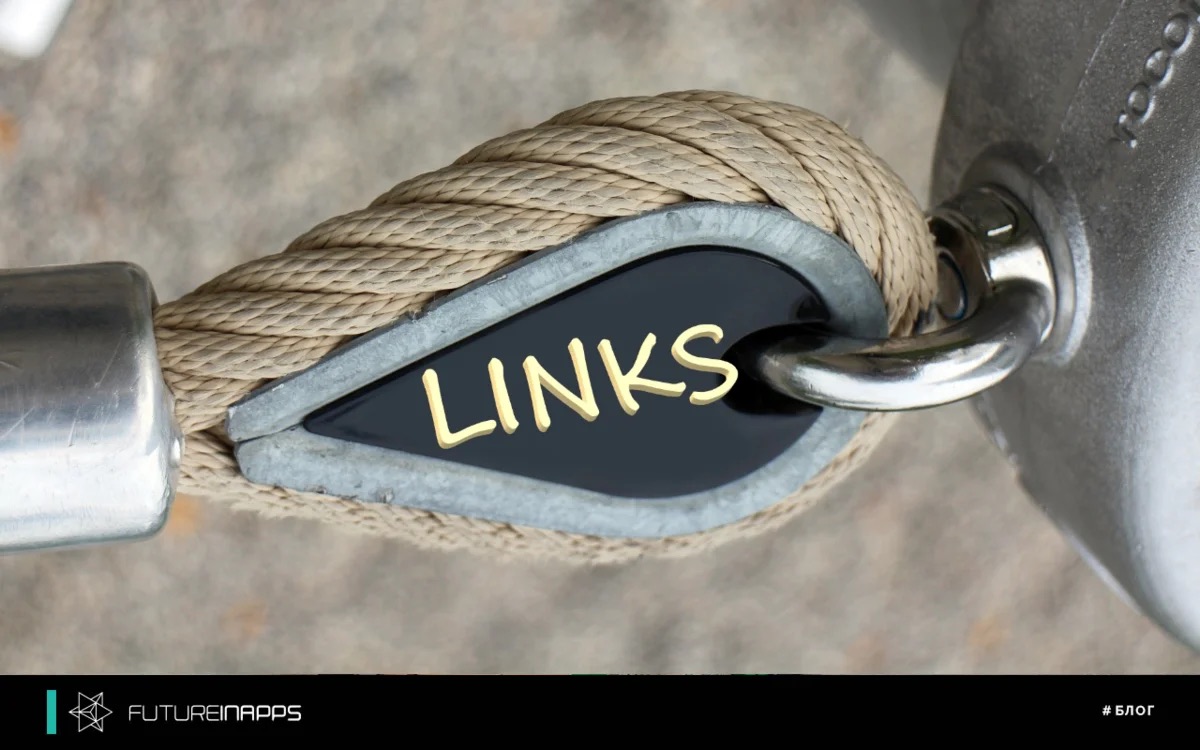Google Introduces Europe's New Pick Screen Search Engine for Android Users. This is reminiscent of what Microsoft was forced to do about ten years ago when it offered the choice of a browser on a desktop computer.
Part of compliance with antitrust laws. This was part of Google’s efforts to implement the European Commission (EC) antitrust decision of July 2018 regarding Android and bundling applications. Google appealed the decision and a fine of about $ 5 billion.
Starting in 2020, when Android users configure their devices, they will be presented with a version of the next screen. Google says providers may vary by country.
When the user makes his choice, the provider becomes the default search engine:
• In Chrome (if a browser is installed)
• On the main screen - search box
• The search application of this provider will also be installed (if not already installed)
Search providers will need to contact Google before September 13th. And by October 31, the list of search engines for each country will be confirmed.
In addition to the application, Google will conduct an auction to determine which engines are included in the selection screen. Successful participants will be presented in random order.
Here's how this process will work according to Google:
At each auction in the country, search providers will indicate the price that they are willing to pay each time the user selects them on the selection screen in that country. Each country will have a minimum bid threshold. Three participants with the best offer that meets or exceeds the threshold for this country will appear on the selection screen for this country.
Google says the auction is an honest and objective process. The idea of the auction made some critics complain that Google was again “abusing its dominant position”. However, Google defended the auction as "an honest and objective method for determining which search providers are included in the selection screen." This allows search providers to decide what value they attach to the display on the selection screen and make the appropriate bets. ”
Christian Kroll, CEO of Search Engine Ecosia, made a statement in response to the news about the auction. “This is really disappointing news. Ecosia is a non-profit search engine - we use our income to plant trees in areas affected by deforestation or desertification, and not to bid, ”he said. “If we decide to bid and pay Google the privilege of being an Android search engine option, it will potentially be at the expense of millions of trees that we could plant.”
Why should SEO promoters care? The European Commission may intervene and prevent Google from charging competitors for participating in the search selection screen, but this remains to be seen.
Due to the strong brand, Google is likely to “win” in most cases if competing search engines do not actively promote any distinctive feature in the market (for example, privacy). Thus, it is unlikely that this process will have a significant impact on Google’s search coverage or its advertising revenue.







